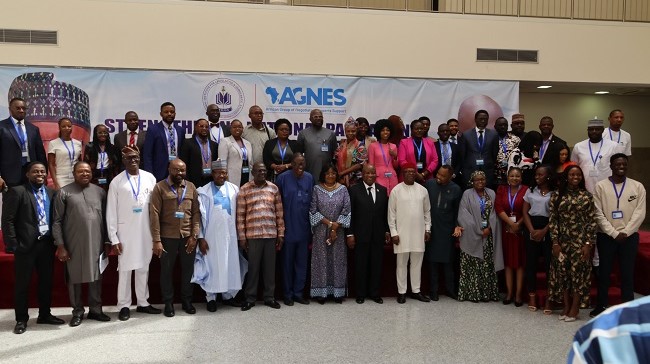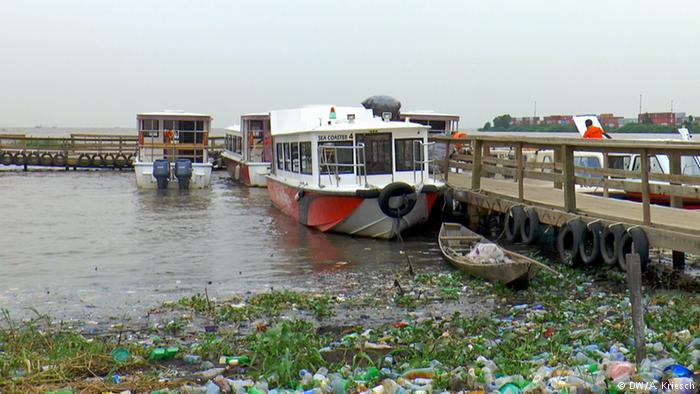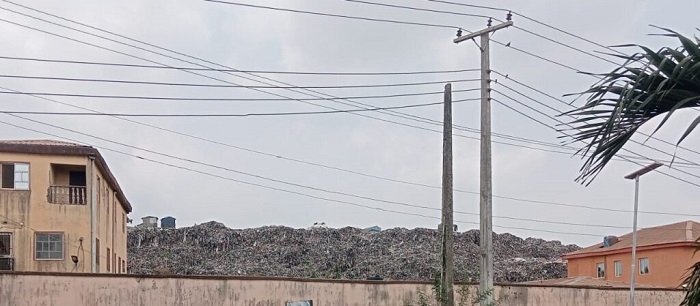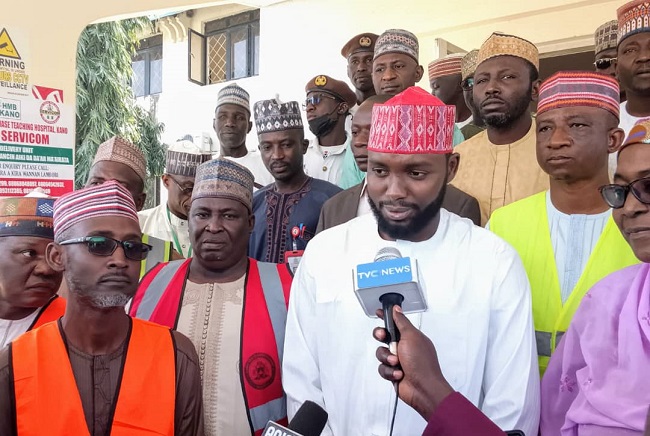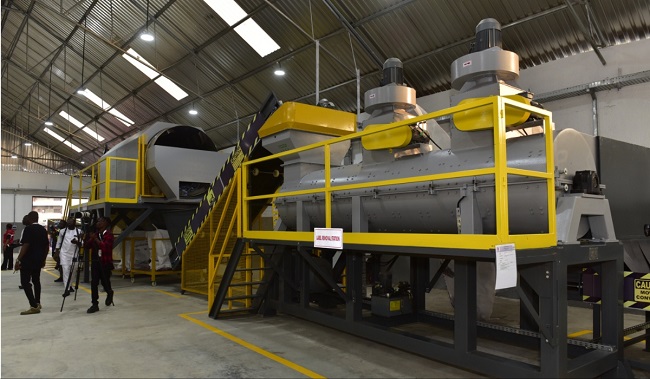Oando PLC, Africa’s leading integrated energy company listed on both the Nigerian Exchange Grpup (NGX) and Johannesburg Stock Exchange (JSE), announced a strong financial performance for the Full Year (FY) 2024 with a 45% growth in revenue to N4.1 trillion compared to N2.9 trillion in FY 2023 results.
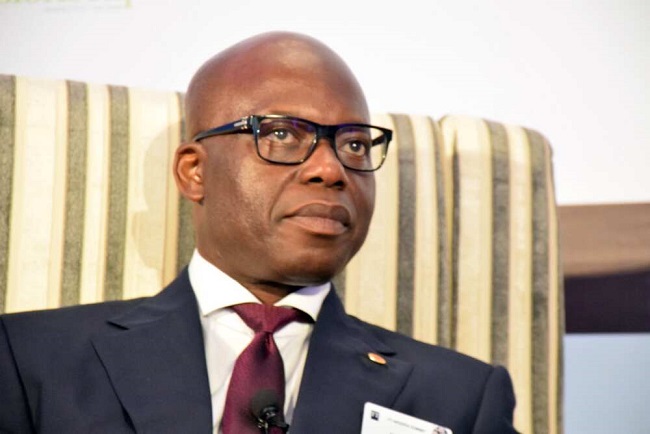
The company’s 2024 performance showcases a consistent upward trajectory following its announcement of N65.5 billion in profit after tax.
Speaking on the results, Group Chief Executive, Oando PLC, Wale Tinubu CON, commented, “2024 was a year of transformation for Oando, the key highlight being our successful acquisition and subsequent integration of NAOC Ltd, which significantly enhanced our production capacity, attaining peak operated production of 103,206boepd and net entitlements of 45,000 boepd.
“Despite a challenging operating environment, we achieved a 45% increase in revenue to ₦4.1 trillion, reflecting the strength of our business model, and a 9% rise in profit after tax to ₦65.5 billion, notwithstanding the costs associated with the onboarding of NAOC.”
Oando’s production for the 12 months ended December 31, 2024, averaged 23,911 barrels of oil equivalent per day (boe/d), an increase from the 23,258 boe/d achieved in 2023. This growth was primarily driven by the acquisition of an additional 20% stake in the NAOC JV in Q4, partially offset by production disruptions due to shut-in wells resulting from sabotage activities.
Additionally, the Group incurred $18.1 million on capital expenditures related to the development of oil and gas assets and exploration and evaluation activities, compared to $52.3 million in the twelve months to December 31, 2023.
Looking ahead to 2025, Tinubu stated, “In 2025, our priority shall be to drive cost optimization, operational efficiency, streamline processes, enhance procurement, and leverage technology to improve productivity across our operations. In parallel, we will intensify efforts to boost production through the dual approach of rig-less and workover initiatives while executing an aggressive drilling program across three rig lines.
“Simultaneously, in collaboration with other stakeholders, we are proactively tackling above-ground security challenges by implementing a revamped security framework that integrates advanced surveillance technology and intelligence-driven initiatives to curb the perennial, unnecessary, and unjustifiable theft of oil to ensure the long-term integrity of our vast network.
“As we look ahead to an exciting and successful 2025, we recognize that achieving our goals requires the unwavering support of our host communities and partners. Through extensive engagement, we will foster a collaborative ecosystem that not only secures our operations but also drives shared prosperity and sustainable development for all.”
As the company prepares for its 2025 targets, it is bolstered by optimistic oil demand predictions. The U.S. Energy Information Administration’s (EIA) global oil demand predictions forecast global demand to grow by 1.3 million barrels per day (bpd) in 2025, a significant increase from the estimated growth of 0.9 million b/d in 2024. This projected growth surpasses the pre-pandemic 10-year average (2010-2019) of 1.5 million bpd, indicating a positive trajectory for the global oil market.
With this announcement, Oando enters 2025 on a strong foundation. The announcement brings the company up to date on its financial reporting, successfully meeting all regulatory requirements. Notwithstanding the operational realities, Oando is positioned to build on the momentum of a successful 2024 committed to its strategic vision of becoming Africa’s first international oil company (IOC) by leveraging its strong operational capabilities and strategic partnerships to deliver value to its stakeholders.


